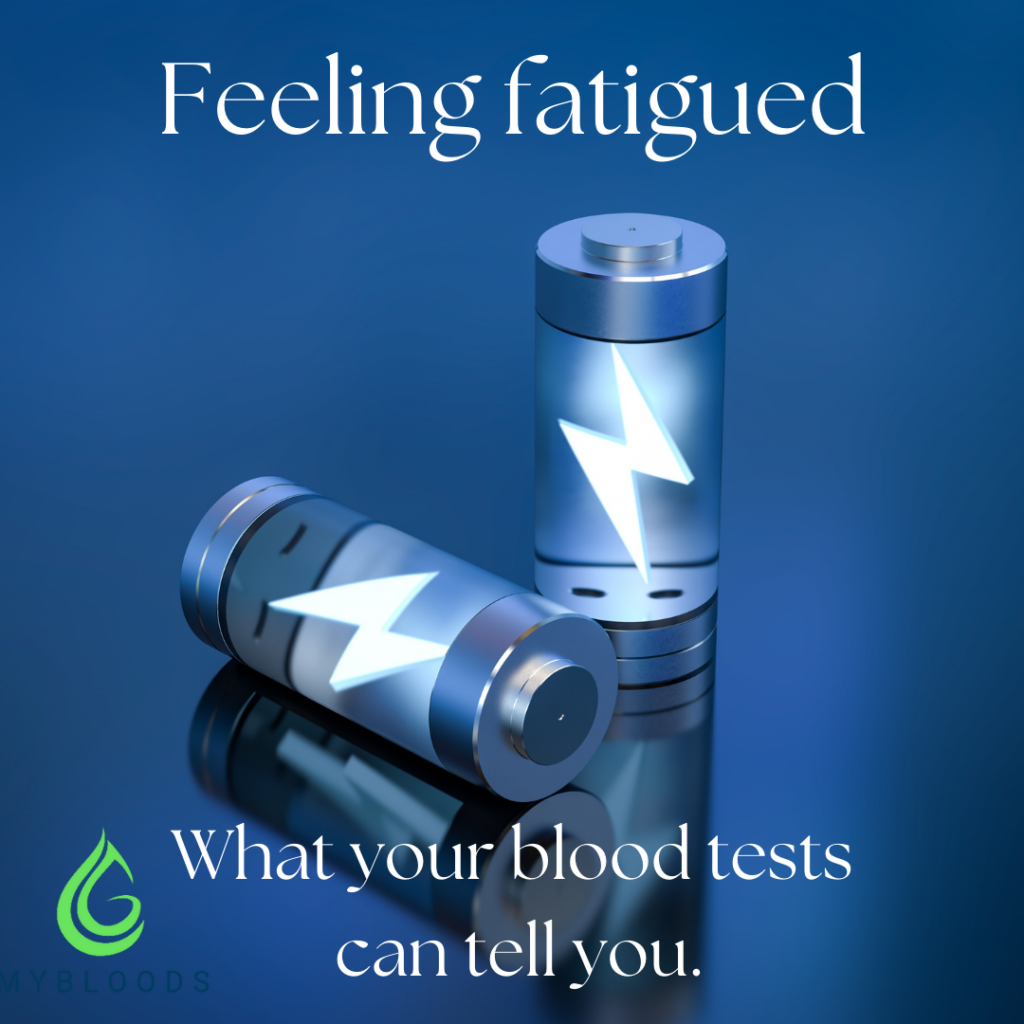
Feeling fatigued, a persistent feeling of tiredness or lack of energy, can be a frustrating and challenging issue, especially for those who maintain a healthy lifestyle. When you’re eating a balanced diet, exercising regularly, getting enough sleep, and managing stress well, it can be disheartening to still feel drained. If you’re leading a healthy lifestyle but continue to experience unexplained fatigue, it’s important to consider other underlying causes that may be at play.
Blood tests and energy levels.
Blood tests can provide valuable insights into potential issues that might be contributing to you feeeling fatigue, helping to pinpoint the root cause and guide appropriate treatment. One of the first blood tests to consider is a Full Blood Count (FBC). This test can help identify anemia, a condition where your blood lacks enough healthy red blood cells to carry adequate oxygen to your body’s tissues. Anemia is often due to low iron levels or deficiencies in vitamin B12 or folic acid, and it can cause significant fatigue, even in those who eat a well-balanced diet. Thyroid function tests are another crucial assessment. The thyroid gland regulates metabolism, and if it’s underactive (a condition known as hypothyroidism), you might experience fatigue, weight gain, and other symptoms despite a healthy lifestyle. A simple blood test measuring your thyroid-stimulating hormone (TSH) levels can determine if your thyroid is functioning properly.
